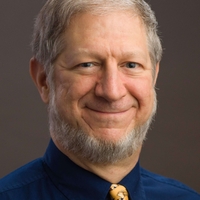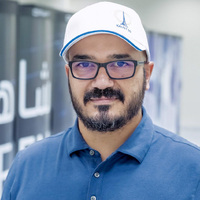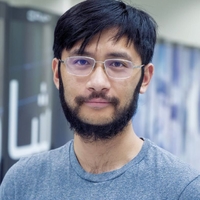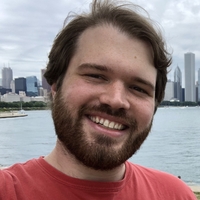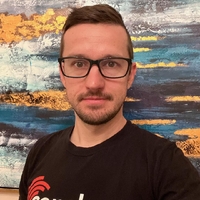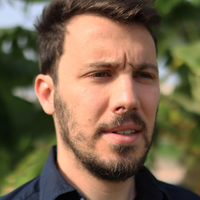Presentation
Scaling the “Memory Wall” for Multi-Dimensional Seismic Processing with Algebraic Compression on Cerebras CS-2 Systems
DescriptionWe exploit the high memory bandwidth of AI-customized Cerebras CS-2 systems for seismic processing. Through low-rank matrix approximation, memory hungry seismic applications fit onto memory-austere SRAM waferscale hardware, addressing a challenge arising in many wave-equation-based algorithms that rely on multi-dimensional convolution operators. Exploiting sparsity inherent in seismic data in the frequency domain, we implement embarrassingly parallel tile low-rank matrix-vector multiplications (TLR-MVM), which account for most of the elapsed time in MDC operations, to solve the Multi-Dimensional Deconvolution (MDD) inverse problem. By reducing memory footprint along with arithmetic complexity, we fit a standard seismic benchmark dataset into the local memories of Cerebras processing elements. TLR-MVM on 48 CS-2 systems in support of MDD gives a sustained memory bandwidth of 92.58PB/s on 35,784,000 processing elements, a significant milestone that highlights the capabilities of AI-customized architectures to enable a new generation of seismic algorithms that will empower multiple technologies of our low-carbon future.
Event Type
ACM Gordon Bell Finalist
Awards
TimeWednesday, 15 November 20234:30pm - 5pm MST
Location501-502
TP

